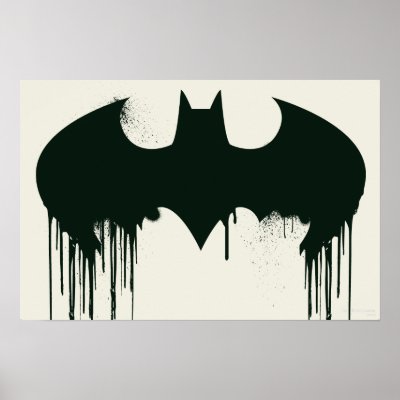I HAVE seen the error of my ways, namely, that a five-point rating system for book reviews is inefficient. Henceforth, I will remodel to a ten-point system, which breaks down nicely as follows:
1 out of 10: One of the few books I can think of which ought to be burnt and buried. I pray that aliens of some distant future should never discover this
garbage masquerading as literature and assume it was representative somehow of human art. These books are worth their weight in doo-doo.
2 out of 10: This is pretty bad. Whether it was the vocabulary, the sentence structure, the storytelling or the characters, something about this kind of book is
innately hateful to me. I would not recommend or read it again, nor would I ever desire to see it on some unfortunate shelf.
3 out of 10: A book that
does not really deserve to be remembered, though I respect the fact that a human being once authored it. These are riddled with misconceptions, misspellings or mindless bits of plot that never seem to get anywhere. Oh, and the characters are dumb, too. Flat as boards.
4 out of 10:
Meh. Worth a read but not a re-read. Also, not necessarily worth your money. Useful as a slightly used paperweight and/or decorative feature upon your writing-desk. Indifference is the best attention with which such a book may be met.
5 out of 10:
Average... the best word to describe this work. Perhaps it suffered from a singular weakness, which, bearing too much weight within the literature, crushes it entirely, whether it was unoriginality, predictability or the inability to communicate what the author meant to say. Oddly enough, this kind of book is the kind given as assigned reading, which thousands are cowed into taking up for study.
6 out of 10:
Expert and enjoyable. Real beauty has crept through the realistic characters, the refined plot, the noble thematic elements or the tight structure. I could recommend this kind of book and still lay my sweet head upon my pillow at night. In fact, if you're not reading anything, why not read one of these?
7 out of 10:
Classic. There are many books which pop into people's heads when they hear the word literature, but only those which are truly classic are worthy of being true literature. These books, like them or no, define the canon of literature in their respective genre and the writings of those who have come after them have tried to emulate them. These stand a head taller than the rest and have been republished and reprinted dozens of times. You must feel guilty for not liking them. Remember that these are the classics and they will always stay that way.
8 out of 10: Combining the genius of the classic, the finest of storytelling, the profundity of the deepest themes, the most-recognizable and definitive characters...
this is a Book which demands to be savored and adored.
9 out of 10:
Dang. You know I'll be talking about this book at parties for the next couple of weeks, if I went to any. I read books, remember? Highly, highly recommended. The language was verbose, polished as a precious stone. This is the kind of book that makes your soul cry. As you read it, your brain "sees" the story as it happens, in real-time creation. You know that you are being shock-awed by this book, but you are powerless to stop it. You can no more set this book down than you could keep from breathing. It's that good.
10 out of 10:
The best thing any human mind has ever uttered. A true acheivement of mankind (or womankind if you're in to that sort of thing). This is an enduring masterpiece which has, or will have, survived generations, critics and a great host of innumerable readers. The word "classic" is barely descriptive. This work will have become literally a part of human culture, society and popular thought for years to come. If you haven't read this book, you are less human than everyone who has.
~norton


